Today marks Yom HaShoah Ve-Hagevurah, “Day of (Remembrance of) the Holocaust and the Heroism.”
Since the 1960s, the siren sounds on this day, stopping traffic and pedestrians throughout Israel for two minutes of complete silence, commemorating the 6 million Jews and 5 million others who were murdered by Nazi Germany regimes. On this day, we remember that this form of anti-Semitism and pure hatred towards another group of people is something that should never be repeated.
Jewish Heroism
It’s the “Heroism” part that sometimes gets lost. This month, 78 years ago, Jewish people revolted against the Nazis, starting the four-week-long Warsaw Ghetto Uprising. Although the Nazi military ultimately overpowered the prisoners, the uprising became a historic moment, symbolising the resistance and denouncing the often-assumed lack of fight of the Jewish people.
Many Germans also resisted the Nazi regime by hiding Jews in their houses or saving them in other ways. Oskar Schindler was a German industrialist, part of the Nazi party, who saved the lives of 1,200 Jews by employing them as factory workers in Poland. Schindler became a symbol of the bravery and rebellion exhibited during the Holocaust, with his story later told in the famous 1982 novel, Schindler’s Ark. It was later turned into a blockbuster film.
Anti-Semitism
Anti-Semitism – meaning the marginalisation/oppression of Jewish people based on the belief in myths and stereotypes surrounding Judaism and Israel – is tragically still prevalent in our thriving, 21st Century society. Unfortunately, I’ve experienced it myself.
Whether it be a swastika painted on a Synagogue, a student verbally abusing a Jewish peer, or a violent attack, there were 368 anti-Semitic incidents lodged in total in Australia in 2019. In other words, if spread evenly across the year, there would have been more than one reported anti-Semitic incident every single day of 2019. It’s important to acknowledge these scary statistics in order to create a better society that promotes acceptance and compassion.
What it means as a Jewish Person
Attending a Jewish day school allowed me to understand what it means to be a community and the importance of bravery and acceptance in society. We learnt about the Shoah throughout school and had a commemoration annually on Yom HaShoah Ve-Hagevurah. Yet it wasn’t until I left school that I truly understood the significance of remembering a time filled with such hatred and yet, so much heroism. It’s not easy speaking up for your beliefs or resisting distasteful behaviour when outnumbered, but it’s essential in building an educated and compassionate society.
If you’re interested in learning more about the Shoah, I highly recommend the following:
- ‘The Happiest Man on Earth’ by Eddie Jaku – This book tells the story of Holocaust Survivor, Eddie Jaku. It is an easy read but filled with life lessons and surprisingly, hope. It’s a must read!
- ‘The Tattooist of Auschwitz’ by Heather Morris (book) – This book tells the story of a tattooist during the Holocaust. I’m yet to read it, but I’ve heard it’s incredible, with four million copies sold worldwide!
- ‘The Boy in the Striped Pyjamas’ by John Boyne – A heart-wrenching story from the perspective of an 8-year-old son of the Nazi commandant at a concentration camp. While slightly controversial, I think it’s a great introduction to what happened during the Holocaust. It definitely caused tears to be shed.
- ‘The Choice’ by Edith Eger – An autobiography about the unimaginable experiences of a 16-year-old girl during the Holocaust and her survival. My mum read this one and affirmed it’s a must-read.
- ‘The Devil Next Door’ – This show is an excellent insight into the way concentration camps were operated and depicts how the SS guards were protected following the war. I’m yet to watch it, but it was highly recommended to me by another UTS student.
- ‘The Pianist’ – An upsetting and raw depiction of the experience of a Jewish pianist who struggles to survive the Holocaust. This movie is one of my favourites.






0 Comments